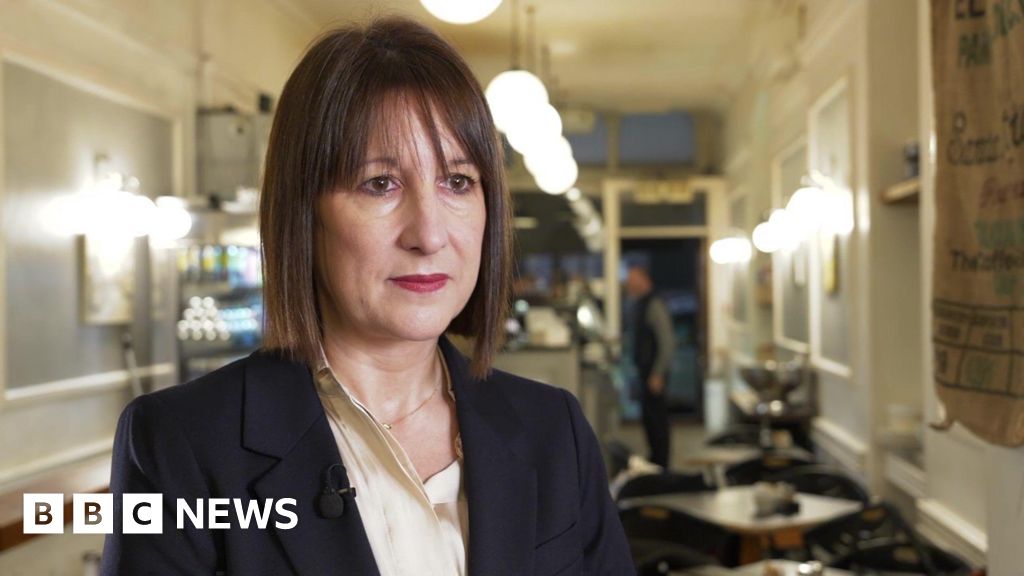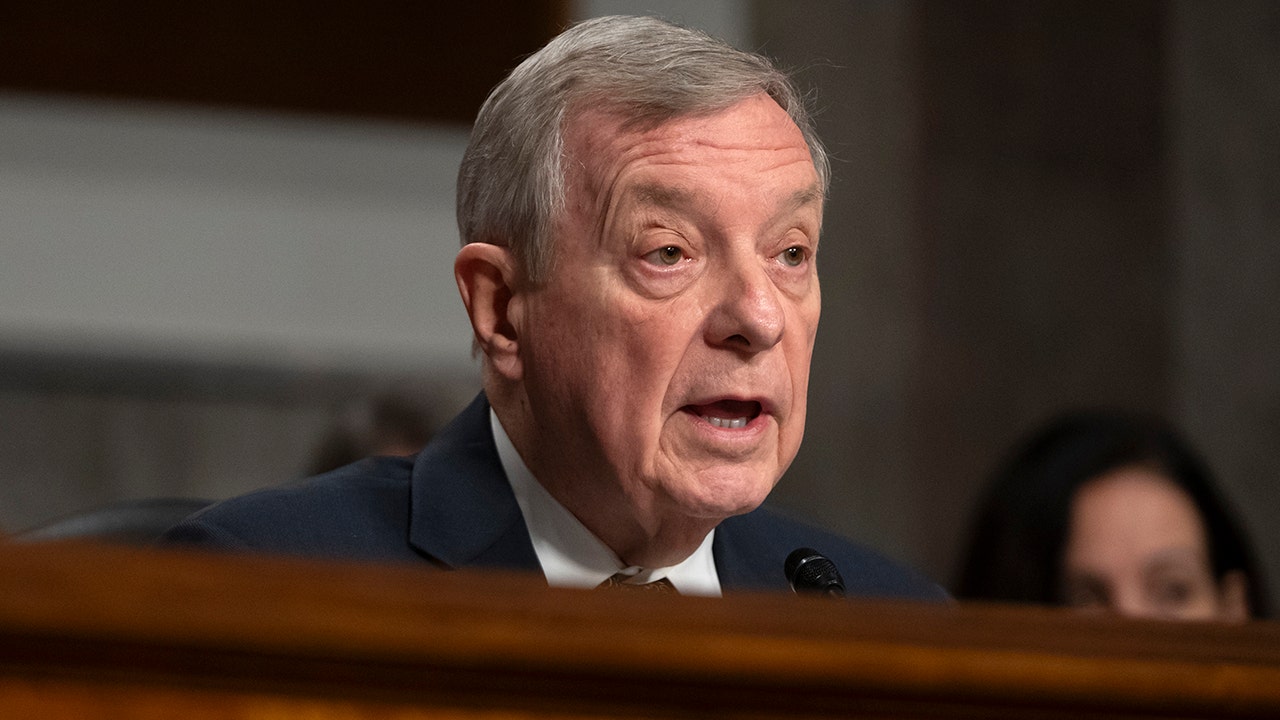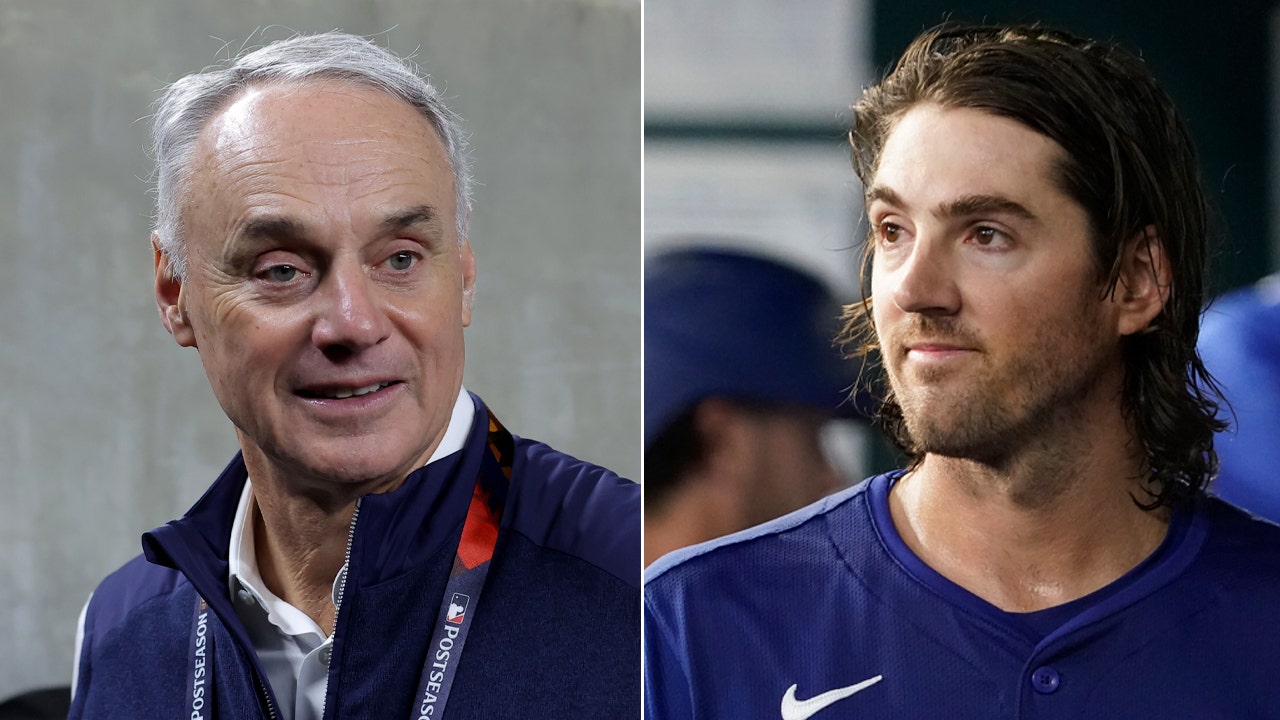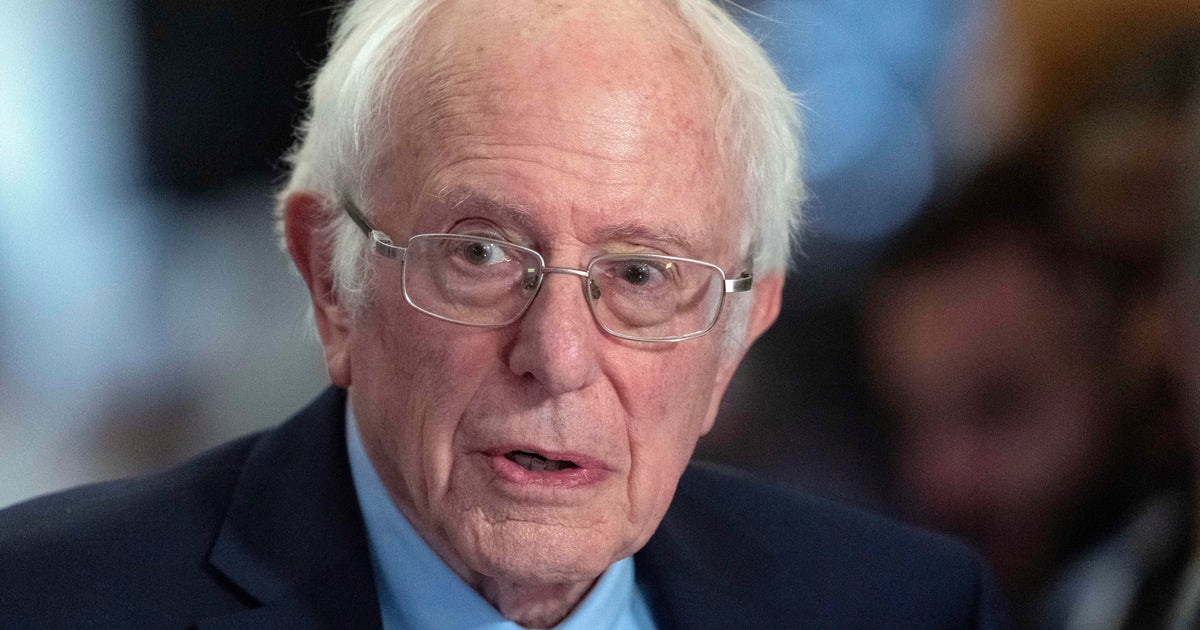Sen. Bernie Sanders praised Robert F. Kennedy Jr.’s message on food issues Thursday, and said he had not made up his mind on whether he would oppose President-elect Donald Trump’s pick of Kennedy to head the nation’s health agencies.
In an interview with CBS News correspondent Natalie Brand, the independent Vermont senator said that he feared some of Kennedy’s views on health issues are “extremely dangerous,” criticizing Kennedy’s call to pull fluoride out of U.S. water supply systems and his “very wrong” views on vaccines.
But the Vermont independent also said he might be able to find common ground on working with Kennedy, echoing his criticism of the influence the food industry has in Washington.
“I think what he’s saying about the food industry is exactly correct. I think you have a food industry concerned about their profits, could care less about the health of the American people. I think they have to be taken on,” Sanders told Brand.
Sanders, who currently serves as chair of the Senate’s health committee, said he had last spoken to Kennedy years ago. He said he was looking forward to sitting down and talking with Trump’s picks to head other health agencies who would report to Kennedy.
“Trump over the years, and Kennedy himself, has talked about as a health problem, the fact that we pay by far the highest prices in the world for prescription drugs. And if I’m not mistaken, Kennedy has talked about the need for Americans not to pay more than the people in other countries. I think that’s exactly right,” he said.
Sanders spoke with Brand after a hearing where he blasted the Biden administration’s Food and Drug Administration officials for falling short on addressing America’s “horrific epidemic” of obesity and diabetes.
“Do I think the FDA has brought forth the kind of urgency that is needed to address this crisis? No, I don’t. That’s the point I tried to make today,” Sanders said.
Sanders’ position on Kennedy drew a sharp contrast with Sen. Ed Markey, who also sits on the committee.
“Some would say what he says on diet and importance of healthy foods is reasonable. However, one reasonable opinion does not qualify someone to run the United States Department of Health and Human Services,” the Massachusetts Democrat had said during the hearing.
When asked, Sanders declined to respond to Markey’s comments.
“We are several decades behind”
At the hearing, FDA officials defended the agency’s work on food issues, turning many criticisms of the agency back at lawmakers for falling short of the Biden administration’s budget requests on issues like reviewing the safety of chemicals added to foods.
“We are several decades behind Europeans and our Canadian counterparts, because they have legal mandates to reevaluate chemicals that have been authorized at some point in the past. We don’t, but we are going to undertake it. But we are going to definitely struggle with the resources necessary to do that,” said Jim Jones, the FDA’s deputy commissioner for human foods.
FDA Commissioner Dr. Robert Califf also warned the agency was facing an increasingly steep battle pushing through new rules, like long-stalled efforts to move forward a new “healthy” standard and nutrition labels that would go on the front of food packages, as well as crack down on cigarettes.
“Given the current state of judicial affairs, First Amendment rights, the fact that corporations have the same rights as individuals, every little thing we do, unless specifically in detail instructed by Congress, it’s not just that we lose in court, but we lose years,” Califf said.
One long-awaited change that could see movement soon is a ban on the food dye Red No. 3, which advocacy groups have petitioned for. California moved last year to be the first state to ban the food dye on its own over health concerns.
“We are hopeful that, within the next few weeks, we will be acting on that petition and a decision should be forthcoming,” said Jones.
In a clash with Califf, Sanders urged Califf to call out the “food and beverage industry, whose greed is destroying the health of millions of people” for their role in slowing the progress of the agency’s food policies.
Califf told the committee that the agency was facing “direct opposition from powerful industry forces” on issues like food chemical safety, but also refused to “castigate the people that work in the food and beverage industry.”
“We have an industry that if you tried to change it overnight, there are farmers all over the United States who would not be able to grow the crops they’re currently growing. So there needs to be a plan and it needs to be implemented in a mature thoughtful way across the country,” said Califf.














































